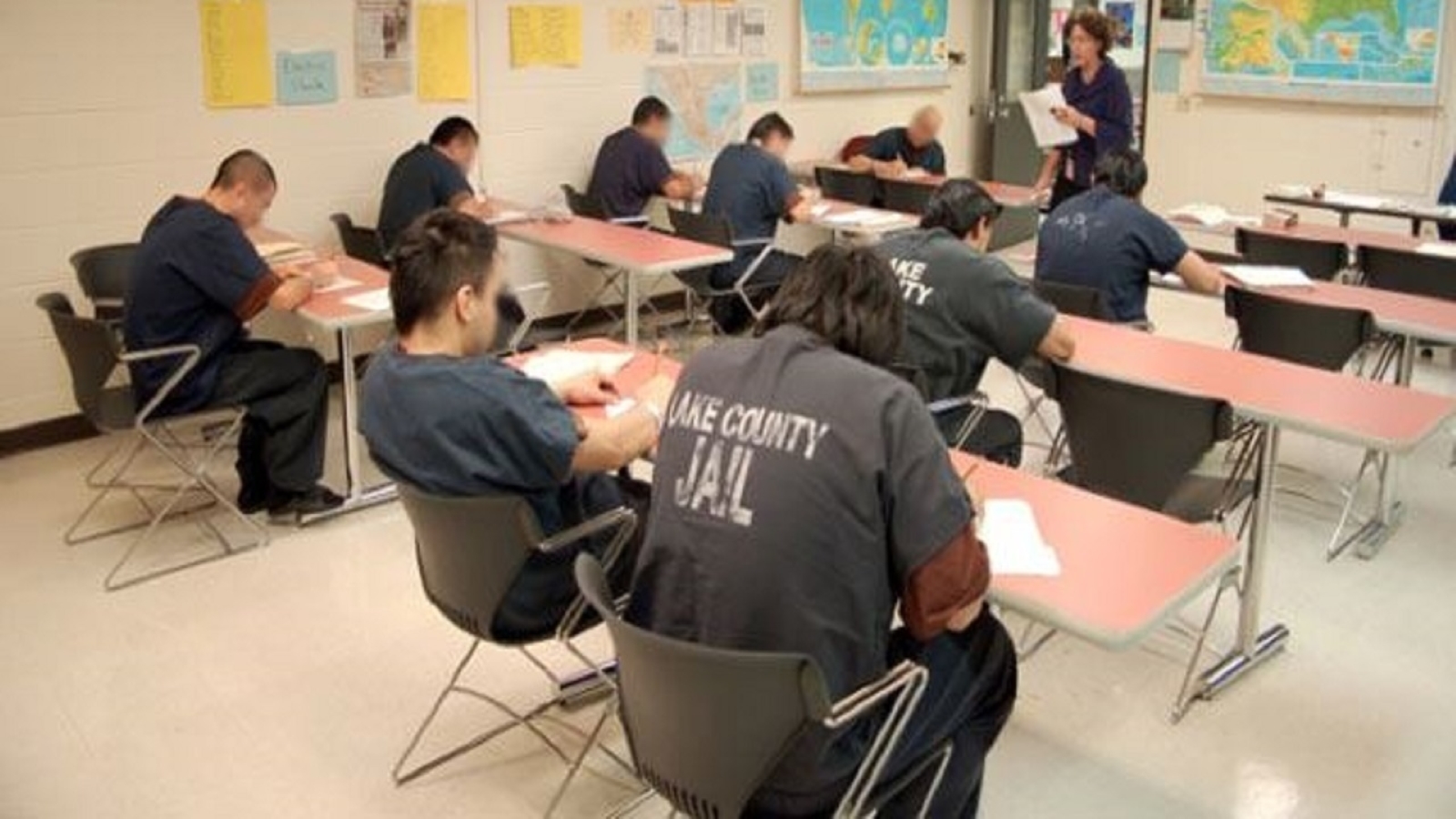Rep. Lee Chatfield says Michigan's criminal justice system is broken. | lakecountyil.gov
Rep. Lee Chatfield says Michigan's criminal justice system is broken. | lakecountyil.gov
Bipartisan legislation introduced in the Michigan senate is aimed at reducing the county jail population, which has tripled in the last 35 years, according to MiSenateGOP.
The legislation would give police officers more discretion to issue citations for low-level offenses and reduce jail sentences for suspects who don’t pose a threat to the community.
“While taxpayers spend nearly half a billion dollars annually on jails, alternatives to jail are underutilized across the state, and Michigan law provides little to no guidance on when alternatives should be the preferred or presumed intervention,” said a statement on MiSenateGOP.
The package of six bills was prompted by a task force that examined the county jails. The work of the task force was defined by Gov. Gretchen Whitmer, Senate Majority Leader Mike Shirkey (R-Clarklake), Speaker of the House Lee Chatfield (R-Levering), Chief Justice Bridget McCormack and others.
“The Jails Task Force has opened up a closed world with data,” said Shirkey, reported by MiSenateGOP. “They’ve given lawmakers the information we need to retool a justice system that sets too many people up for failure rather than success.”
The legislation would decriminalize low-level traffic offenses, eliminate mandatory minimum jail sentences and stop driver’s license suspensions, unless the violation was related to dangerous driving.
“Fixing our broken criminal justice system is a top priority for the Michigan House,” said Chatfield, according to MiSenateGOP. “Each year, hundreds of thousands of people sit inside of a jail, often when they pose no danger to the public. We can create more just and effective laws while ensuring public safety, and this reform puts us on that path.”
Kalamazoo Sheriff Richard Fuller said many of the policy changes have already been tried as pilot programs in his county. “When we create more opportunities for nonviolent offenders to stay out of jail, we find they’re often better able to get their lives back on track,” he told MiSenateGOP.


 Alerts Sign-up
Alerts Sign-up